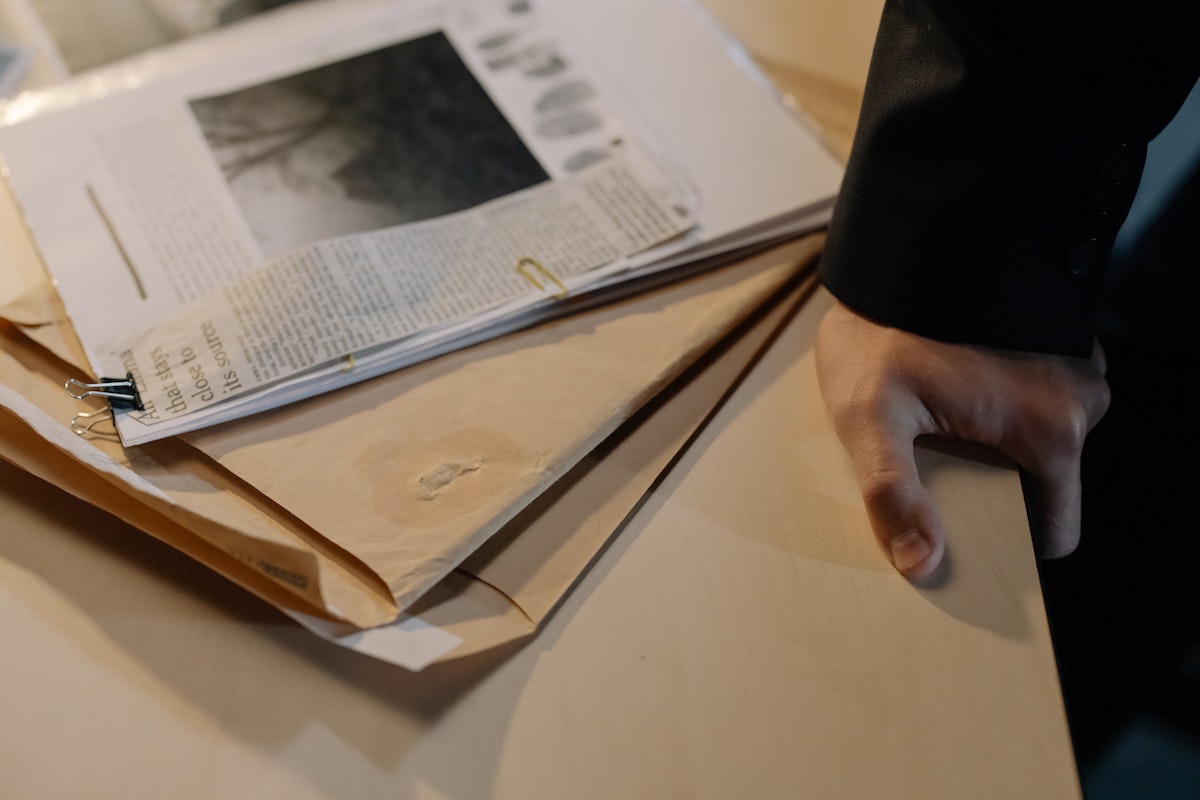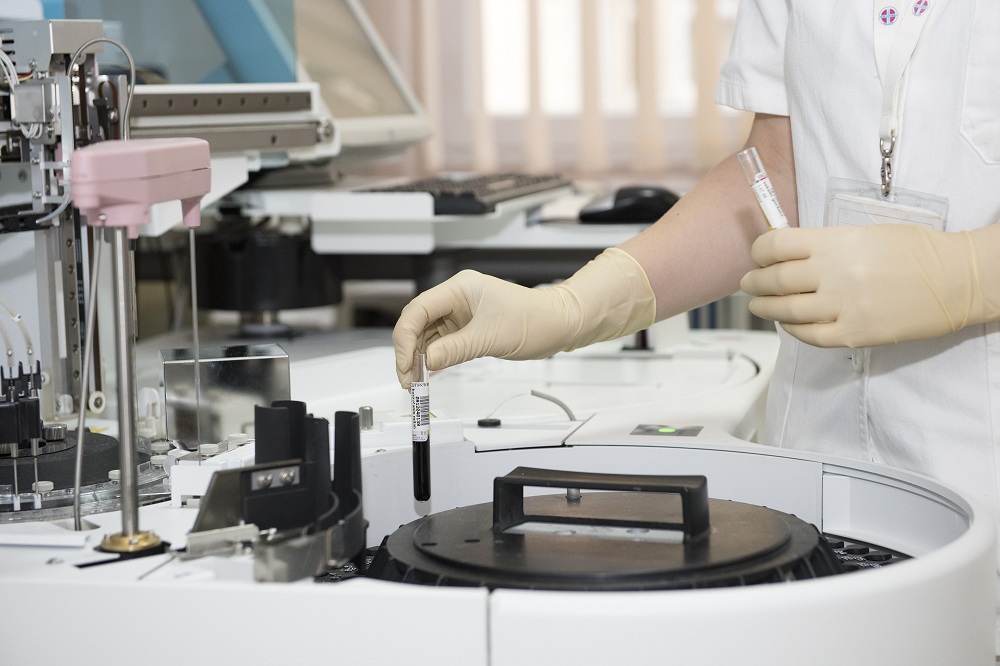- Infidelity is common in many relationships and can take many forms.
- Observing behavior or contacting friends and family is crucial to gathering evidence of cheating.
- Open communication and seeking professional help as a couple are effective ways to move past infidelity.
- The decision to rebuild trust or go separate should depend on what is best for the involved parties.
Infidelity is a sensitive and controversial topic that often brings up feelings of betrayal, heartache, and mistrust. According to recent surveys, cheating is common in many relationships, with over 20% of married couples reporting that one or both partners have been unfaithful. Additionally, nearly 60% of men and 45% of women have admitted to cheating on a partner at some point.
The extent of infidelity in relationships can vary significantly, and many factors can contribute to its occurrence. For example, some people may feel dissatisfied with their current relationship or may be experiencing a lack of emotional or physical intimacy. Other times, stress, work pressures, or other external factors can lead to infidelity.
It is also important to note that infidelity can take many forms, from emotional affairs to physical cheating. Emotional affairs, in which a person forms an intimate connection with someone outside the relationship, can be just as devastating as physical affairs.
Unfortunately, you might suspect that your partner is being unfaithful. If you do, there are steps you can take to get to the bottom of the situation and determine what is happening in your relationship.
Gather Evidence

If you suspect your partner is unfaithful, it is crucial to gather the evidence before confronting them. This evidence will not only help you understand the scope of the infidelity, but it may also provide you with the necessary proof to make informed decisions about the future of your relationship. Here are some best ways to gather evidence of your partner’s infidelity.
Monitor Their Digital Activity
One of the most effective ways to gather evidence is by monitoring your partner’s digital activity. Social media, text messages, and email accounts can provide a wealth of information about their communication with others. It is important to note that this method should only be used if you have legal access to your partner’s accounts or believe they willingly share this information with you.
Hire a Private Investigator
If you want to gather more concrete evidence of your partner’s infidelity, consider hiring a reliable private detective. These professionals are trained to conduct discreet investigations and collect information that may be difficult to obtain otherwise. They can also provide photographic or video evidence for court use.
Observe Their Behavior
Another way to gather evidence is by observing your partner’s behavior. Look for changes in their routine or habits, such as staying out late or dressing differently. Take note of any unexplained absences or frequent business trips. Keep a log of their movements, and try to identify any patterns that may indicate infidelity.
Talk to Their Friends and Family
Finally, you may consider contacting your partner’s friends and family for information. They may be able to provide you with firsthand knowledge of your partner’s behavior, or they may be aware of any rumors or gossip that could confirm your suspicions.
Talk About Your Relationship

Despite the many ways to gather evidence of infidelity, it is vital to understand the importance of having an honest and open conversation with your partner. Communication is essential in any relationship and becomes even more critical when suspicions arise. By talking to your partner, you may be able to resolve any underlying issues that led to the infidelity and work together to rebuild trust and move forward.
If your suspicions are accurate, it is essential to communicate your thoughts and feelings effectively. Instead of accusing your partner, it is crucial to approach the conversation with a calm and rational demeanor. Listening to your partner’s perspective is equally vital to expressing your own. This will help you understand each other’s stance and determine your relationship’s best course of action.
Moreover, discussing infidelity with your partner opens the possibility of seeking professional help as a couple. Couples therapy is effective in repairing relationships damaged by cheating and can help each partner understand their role in the situation.
Consider Solutions
Infidelity is a significant breach of trust in any relationship, and it can leave both people feeling hurt, angry, and betrayed. While there are many ways to address suspicions of infidelity in a relationship, it is essential to remember that moving forward and healing or going separate ways are two potential solutions worth considering.
For some couples, infidelity is a wake-up call that prompts them to recommit to their relationship and do the hard work necessary to rebuild trust. Whether through counseling, therapy, or individual efforts, rebuilding a relationship after infidelity can be a long and challenging process that requires patience, understanding, and commitment. However, many couples have successfully left infidelity and sustained healthy, happy relationships.
On the other hand, if rebuilding trust is not feasible or the betrayal is too great to overcome, going separate ways may be a better solution for some couples. While deciding to end a relationship is never easy, choosing to do so can often be the best way forward for both parties. Whether through separation, divorce, or other means, ending a relationship marked by infidelity can be a healthy way to move on and begin anew.
Final Thoughts
If you suspect that your partner is being unfaithful, it is essential to take steps to gather evidence and address the issue head-on. Ultimately, ensuring that your decision is best for both parties is critical.



